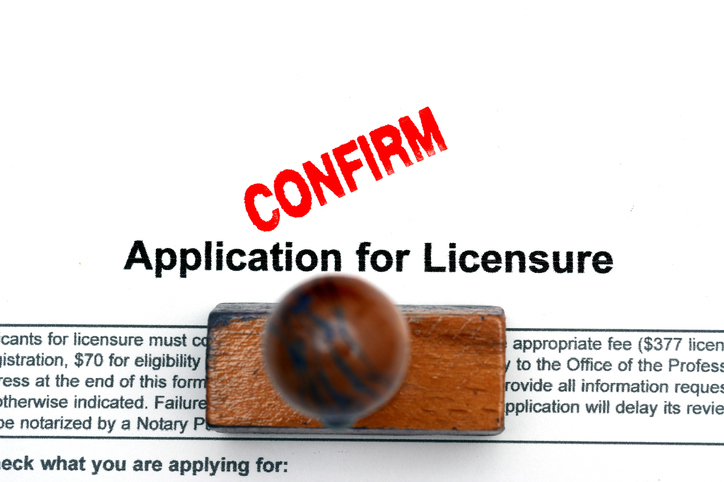Legalized marijuana was supposed to provide a windfall of new tax revenue for states that took the plunge, but instead states have struggled to reach expected revenue targets and create a regulatory framework that allows licensed sellers to access the banking system.
The problem, as reported by Stateline, a news service of The Pew Charitable Trusts, is that legal marijuana continues to compete with its black-market cousin because of the time needed to establish a legitimate marketplace and the taxes on legal marijuana. Because of these added costs, black-market marijuana prices are consistently lower than prices for legal marijuana, according to an August research report by Pew. As a result, revenue from legal sales has fallen short of the states’ predictions.
Tax Rates Affect Revenues
Colorado and Washington legalized marijuana in 2012, and licensed sales soon followed in 2014. Since then, nine more states and the District of Columbia have followed suit with legalization.
California now has the world’s largest cannabis market, but tax revenues have been less than half of initial estimates. Although analysts projected tax revenue could reach $1 billion in the first 12 months of sales, the Golden State raised only $350 million from sales.
In the seven states with active marijuana markets, only Colorado accurately predicted tax revenue, at $200 million this year, surpassing $1 billion in total revenue since 2014. Nevada’s tax revenue exceeded expectations by more than 40 percent in the first six months, bringing in nearly $70 million when only $50 million was expected.
Although all states charge excise taxes on marijuana, California and Washington have some of the highest tax rates. California charges excise taxes on the flower grown, at $9.25 per ounce, and another 15 percent at the point of sale. Although Washington technically doesn’t have an excise tax, the state charges 37 percent on all cannabis sales, the highest tax rate among all states where marijuana is legal.
In contrast, Colorado and Nevada implemented lower excise taxes, charging cultivators 15 percent, and similar sales taxes: Colorado charges 15 percent, and Nevada charges 10 percent.
Illegal Alternatives Divert Sales
Policymakers could have more success managing the marijuana market by focusing on eliminating the black market instead of increasing tax rates, says Jeffrey Miron, director of undergraduate studies in economics at Harvard University and director of economic studies at the Cato Institute.
“Prediction is always hard, and it’s even worse when we don’t have great data on the market because it’s mainly been underground in the past,” Miron said.
The government has an obligation to obtain sources of revenue and use the proceeds well, but it should raise funds in the least distorting way possible, Miron says.
“If a moderate sin tax can be imposed without creating a black market, fine, but the key risk is taxes nudge up and recreate the black market,” Miron said.
Black Market Competition
Tax revenue does not depend on how much cannabis is sold but on how much of the market moves to state-licensed buyers, says Jacob Sullum, a senior editor at Reason Magazine.
“Marijuana markets have confounded legislators, but to the extent taxable revenue has fallen short of predictions, it is mainly due to the fact state legislatures have made it hard for legal marijuana businesses to compete with the black market,” Sullum said.
“You have a situation where legal marijuana businesses have to deal with costly regulatory burdens that street dealers do not face, so they’re already at a disadvantage,” Sullum said.
Eliminating the black market does not have to impede tax collection and could ultimately improve tax revenues long-term and produce other benefits, Sullum says.
“Eliminating the black market and generating tax revenue should go hand-in-hand,” Sullum said.
Black Market Vapes
Controlling a legal marketplace would allow states to reduce the negative effects of illegal cannabis, such as dangerous products and sales to minors, says Sullum.
“Legal businesses take age verification very seriously, but black-market dealers do not care about that and they have no reason to,” Sullum said.
Vaping-related respiratory illnesses have primarily come from pods of THC, the principal psychoactive constituent of cannabis, sold on the black market, Sullum says.
“Those cases overwhelming involve black market cannabis products where the contents you’re buying are unknown and unpredictable,” Sullum said.
Defunding Criminal Gangs
Legalization is beneficial by allowing marijuana payments to go to business owners instead of illegal organizations, Sullum says. Since states have begun legalization, cannabis seizures have dropped significantly at the nation’s borders, indicating cartel revenues have been hit.
“With the extent which marijuana supplies revenue to criminal organizations, there’s already evidence legal marijuana in California can take revenue away from violent cartels,” Sullum said.
Replacing the black-market drug trade with legal alternatives achieves two things, Miron says. It can increase tax revenue and “reduce the crime, corruption, racial profiling, and infringement on civil liberties” that accompany drug policing, according to Miron.
“States have to think about the burdens they impose through regulations and taxes,” Sullum said. “The extent of those burdens will retard the shift from a black market to a legal market. In California, there are complaints on both the ways taxes are unreasonably high and regulatory burdens are hard to meet for small businesses.”
